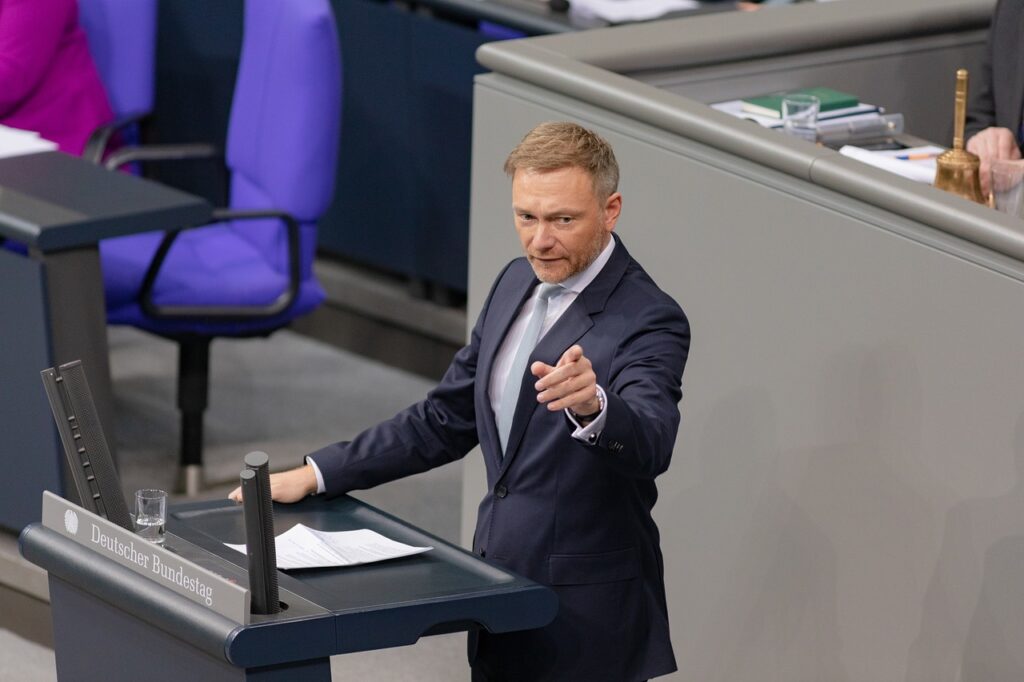Christian Lindner has spoken out in favour of scrapping the will-to-buy subsidies for electric cars. He told the Welt am Sonntag: “We simply can’t afford misguided subsidies any more. If I have my way, the premium for electric cars and plug-in hybrids, for example, will be cancelled. Up to now, these cars have been subsidised by up to 20,000 euros over their lifetime, even for top earners. That is too much. We can save billions there, which we can use more sensibly.”
Lindner wants to end subsidy smoke
The Minister of Finance is simply running out of money. In the past, the state was virtually in the grip of subsidy smoke. Subsidies for Corona victims, heat pump heating, energy-efficient construction, refurbishment of old buildings to the point of energy money and fuel rebates, to name just a few examples, are pushing the state budget to its limits. Now there is also the threat of interest rate increases, which will lead to an additional burden in terms of new debt. “Last year we paid a good four billion euros in interest. It is not impossible that it will be up to 30 billion euros next year,” Lindner says in this regard. The Finance Minister wants to reinstate the suspended debt brake. This was suspended due to the high costs of the Corona pandemic and because of the Ukraine war. In the 2022 federal budget that has just been passed, the government foresees new debt of 139 billion euros. De

State premium for electric cars no longer viable
That is why Lindner has now spoken out in favour of reducing state subsidies. The state must break its addiction to new debts, but also its addiction to ever new subsidies, Lindner said. It is no longer justifiable that car companies make billions in profits and the state still pays a purchase premium. Lindner also took aim at subsidies for the construction of new buildings. In the long run, it is not possible for the state to subsidise almost everything.
Strong criticism from the Greens of Lindner’s austerity proposals
Lindner admonishes “To fight inflation, the state must end the policy on credit. From now on, generating wealth must once again be more important than distributing it. We simply can’t afford misguided subsidies any more.” It is questionable to what extent Lindner will be able to get his way in the coalition with these demands. Lindner’s plan was immediately attacked by the Greens. Sven-Christian Kindler, the budgetary spokesman for the Greens, believes that saving money is the wrong way to go. “In 2023, unfortunately, we will very likely still have to deal with the massive consequences of the Ukraine war, fossil inflation and the Corona pandemic. In times of need, one does not apply the red pencil and suggest normality, but tackles the crises decisively. Fiscal policy in these times of crisis does not mean constantly saying no, but rather shaping and solving the problems,” he comments on Lindner’s proposals. Poor people and families in particular would need financial support due to high inflation.
In principle, Lindner is right. Subsidising products such as heat pumps or electric cars helps the consumer relatively little. The subsidies are ultimately tapped by the manufacturers. The best example of this is the fuel rebate. This costs the taxpayer 3 billion euros and absolutely none of it reaches the consumer. If products such as heat pumps and electric cars actually offer an advantage, they will prevail even without subsidies. And if they offer no advantage, subsidies make no sense at all. The government must finally learn that money does not grow on trees.
